On the average, teeth veneers will last 10-15 years with proper care. However, some veneers may last longer or shorter depending on the dentist, the patient and many quality control factors. For example, porcelain veneers may last longer than composite resin veneers due to their durability. But if you have poor oral hygiene or a bad bite, teeth veneers may only last 3-5 years. Additionally, not all dentists are created equal. Getting teeth ready for veneers is a technically challenging task. The quality of cement for porcelain veneers makes a big difference. Perfect work by a cosmetic dentist and the worlds best veneer can fall off without proper bonding and superior quality resin cement.
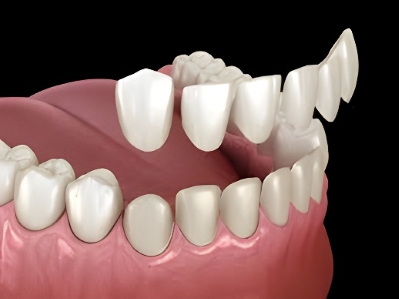
What Can Cosmetic Teeth Veneers Do?
- Change the color of teeth to be brighter and whiter.
- Improve texture and smoothness of teeth surfaces
- Lengthen teeth that are aged, worn and broken down
- Close unsightly spaces
- Change the shape of teeth to be more esthetic and natural in appearance
- Correct crooked and poorly aligned teeth
- Create a better and straighter smile line
What are Teeth Veneers?
Teeth veneers is the most popular cosmetic dentistry procedure. Veneers are thin, custom-made shells that are designed to cover the front surface of your teeth. They are made from a variety of materials, including porcelain and composite resin. Veneers are used to correct a variety of cosmetic dental issues, such as chips, cracks, gaps, and discoloration.
One of the most common questions that patients have about teeth veneers is how long they will last. While veneers are a durable and long-lasting treatment option, their lifespan can vary depending on a number of factors. In this article, we’ll take a closer look at how long teeth veneers last and what you can do to ensure that they remain in good condition for as long as possible.
Factors That Affect the Lifespan of Teeth Veneers
- The material used: Different materials used to make veneers can have different lifespans. Porcelain veneers tend to be more durable and long-lasting than composite resin veneers, but they are also more expensive.
- Your oral hygiene habits: Proper oral hygiene is essential for maintaining the health of your teeth and veneers. Brushing and flossing regularly can help prevent plaque buildup and tooth decay, which can potentially damage your veneers.
- Your diet: Consuming foods and beverages that are high in sugar or acid can weaken your veneers and make them more prone to damage. Sticky, chewy foods can also put extra strain on your veneers and cause them to wear down more quickly.
- Your bite: If you have a misaligned bite or grind your teeth, you may put extra stress on your veneers, causing them to wear down more quickly.
- The skill of your dentist: The quality of your veneers can also depend on the skill of your dentist. Choosing a reputable, experienced dentist can help ensure that your veneers are well-made and durable.
- The skill of the dental lab and technician: The best looking veneers are made by hand by certified dental ceramists who have been specifically trained in cosmetic dental ceramics. There are schools specifically for training dental laboratory technicians.
- The quality of porcelain veneer cement: some resin cements for veneers are strong and some look very cosmetic. But good cement for dental porcelain is not cheap. No skimping on poor quality cement.
Maintenance for Teeth Veneers
To help ensure that your teeth veneers last as long as possible, it’s important to take good care of them. Here are some tips for maintaining veneers:
- Brush and floss regularly: Proper oral hygiene is essential for keeping your veneers clean and healthy. Make sure to brush your teeth at least twice a day with a soft-bristled toothbrush and fluoride toothpaste, and floss at least once a day to remove plaque and food particles from between your teeth.
- Avoid hard and sticky foods: Chewy, sticky foods can put extra strain on your veneers and potentially cause them to become loose or fall out. Avoid biting down on hard items like ice or hard candies, as these can also damage your veneers.
- Use a mouthguard at night: If you grind your teeth at night, it’s important to use a mouthguard.
 2918 Spencerville Rd, #124Burtonsville, MD 20866
2918 Spencerville Rd, #124Burtonsville, MD 20866  (301) 421 1118
(301) 421 1118 
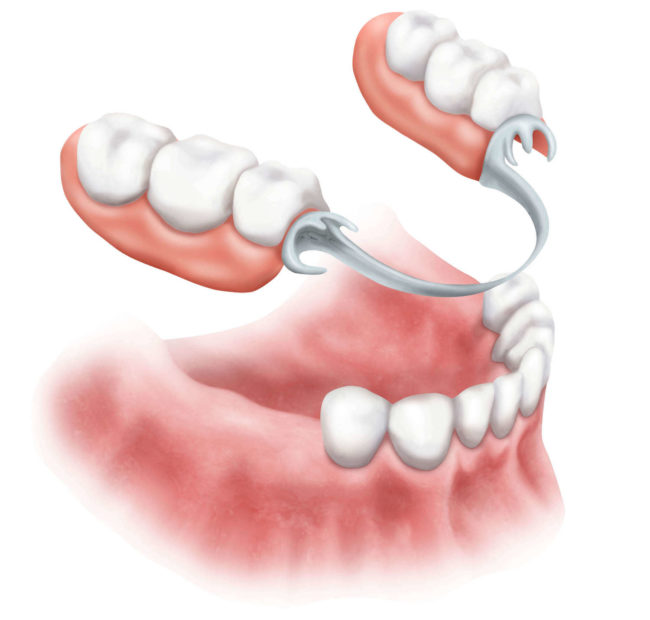
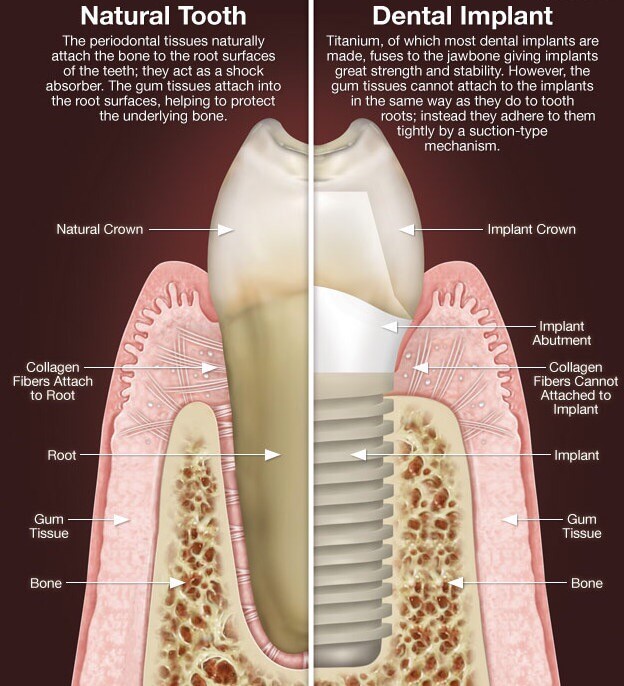
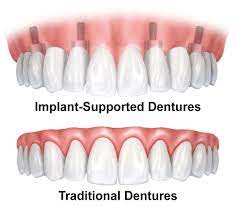

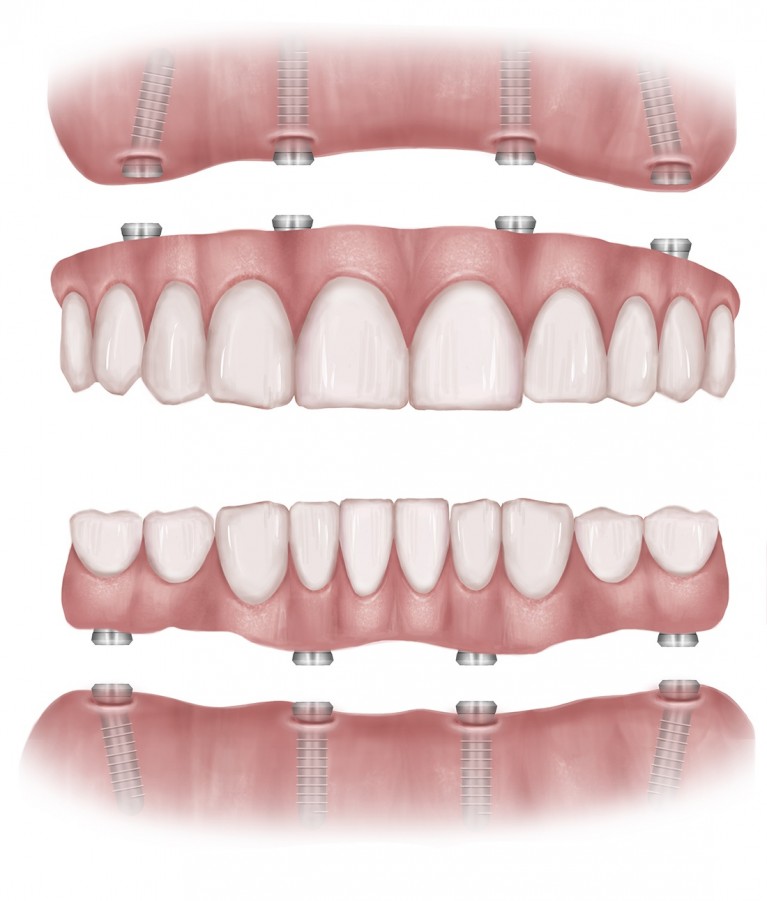
0 Comments
No comments yet. Be the first to comment!
Comments are closed.